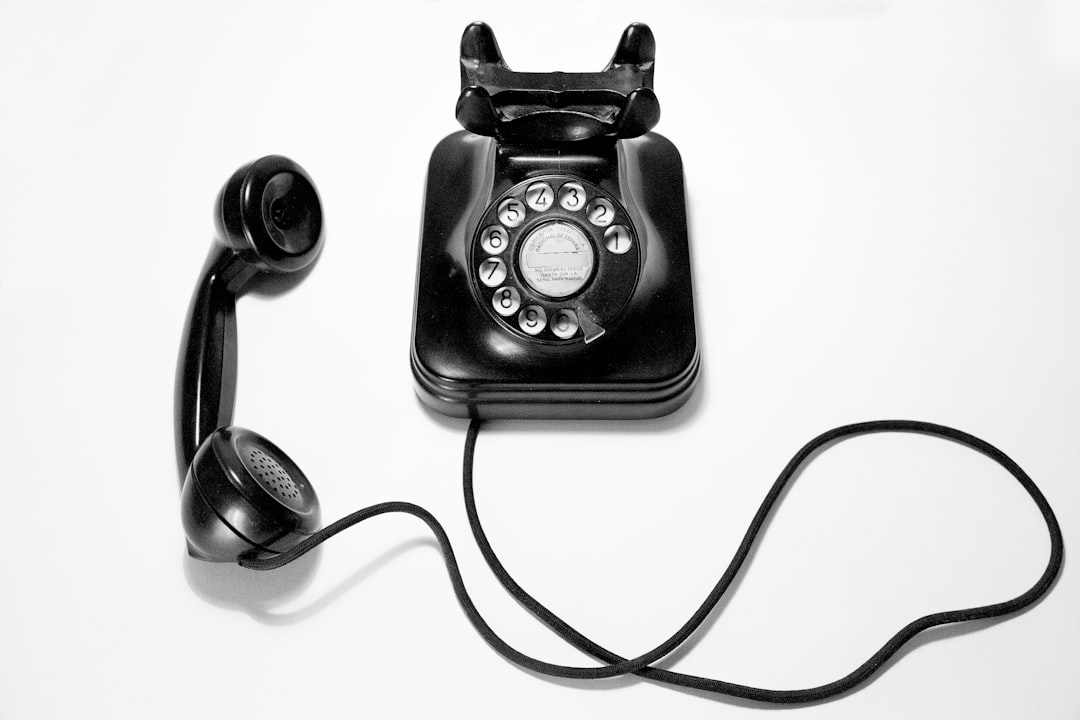Implementing an automated calling system (autodialer) in North Dakota demands strict adherence to state laws, primarily the Telephone Consumer Protection Act (TCPA). Businesses must secure explicit consent from callers, disclose their identity, and offer opt-out options. Engaging autodialer attorneys North Dakota is vital for navigating these regulations, preventing legal issues, and fines associated with TCPA violations. Following best practices and seeking expert guidance ensures compliance while respecting consumer privacy and rights.
Implementing automated calling systems, powered by auto-dialer technology, can significantly boost business communications. However, navigating the legal landscape is crucial to avoid regulatory pitfalls, especially in North Dakota. This article guides you through the essential legal considerations when adopting autodialer technology, focusing on North Dakota laws and the Telephone Consumer Protection Act (TCPA). From understanding consumer protections to ensuring compliance with state-specific regulations, learn best practices from autodialer attorneys to seamlessly integrate this game-changing tool into your business model.
Understanding Automated Calling Systems and Their Legal Implications in North Dakota

Automated calling systems, also known as autodialers, have become increasingly popular tools for businesses to reach and engage with their customers. However, their use comes with legal considerations, especially in states like North Dakota where regulations regarding telemarketing and automated communications are stringent. North Dakota law strictly regulates the use of autodialers to ensure consumer privacy and protect against deceptive practices. Businesses employing these systems must understand that they are subject to the state’s Telemarketing Act, which includes rules on consent, caller identification, and do-not-call provisions.
In North Dakota, an autodialer is defined as a device that uses an automated dialer to make outbound telephone calls, with or without a human agent involved. This means businesses using such technology must secure explicit consent from callers before initiating any automated communications. Additionally, disclosing the identity of the caller and providing an option for the recipient to opt-out are crucial legal requirements. Businesses should also be aware of restrictions on the timing of calls, as well as rules governing the use of prerecorded messages. Engaging autodialer attorneys in North Dakota can help ensure compliance with these regulations, protecting your business from potential legal issues and fines.
Navigating Telephone Consumer Protection Act (TCPA) Regulations

Implementing an automated calling system can be a game-changer for businesses, but it’s crucial to navigate the complex landscape of telephone consumer protection laws, especially the Telephone Consumer Protection Act (TCPA). This federal legislation was designed to protect consumers from intrusive phone marketing practices and has significant implications for companies using autodialers. North Dakota residents, like those in other states, are protected under the TCPA, which restricts automated calls made without prior consent.
Businesses must ensure their calling practices comply with specific rules, including obtaining explicit permission before dialing and providing a way for recipients to opt-out of future calls. Violating TCPA regulations can result in substantial fines, making it essential to consult with autodialer attorneys who specialize in these laws. Experts in North Dakota can guide businesses through the complexities of the TCPA, ensuring compliance and protecting against potential legal repercussions.
Compliance with North Dakota's Specific Laws and Requirements

In North Dakota, implementing an automated calling system requires strict adherence to state laws and regulations, especially when using an autodialer. The North Dakota Public Service Commission (NPC) oversees telecommunications activities, including automated dialing technologies. Businesses must ensure their practices align with the NPC’s guidelines, particularly regarding consumer privacy and protection. Any use of prerecorded messages or automatic dialing must comply with the Telephone Consumer Protection Act (TCPA).
Specific laws like North Dakota Century Code Chapter 51-27.1 govern the authorized uses of autodialers. Businesses should be cognizant of restrictions on telemarketing activities, consent requirements for calls, and the need to provide opt-out options to recipients. Engaging with reputable autodialer attorneys in North Dakota can help ensure compliance, manage potential legal risks, and protect your business from costly lawsuits related to TCPA violations.
Best Practices for Implementing Auto-Dialer Technology While Avoiding Legal Pitfalls

When implementing an automated calling system, also known as an auto-dialer, businesses in North Dakota must adhere to strict legal guidelines to avoid pitfalls and ensure compliance. The primary focus should be on consumer privacy and protection, as these technologies can significantly enhance customer engagement while maintaining ethical standards.
Best practices involve obtaining explicit consent from callers before initiating automated calls, ensuring clear disclosure of the purpose of the call, and providing an easy mechanism for recipients to opt-out. It is crucial to have a comprehensive understanding of the Telephone Consumer Protection Act (TCPA) and local regulations in North Dakota that govern auto-dialer usage. Engaging with experienced autodialer attorneys can offer valuable guidance on crafting policies and procedures that safeguard your business from potential legal issues, ensuring smooth operation while respecting consumer rights.






